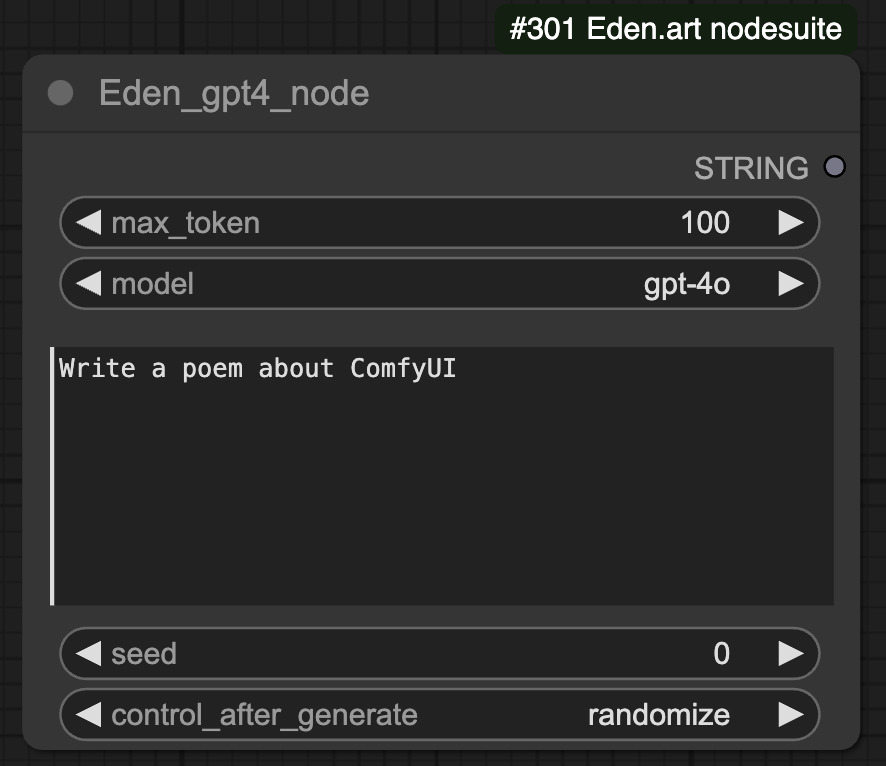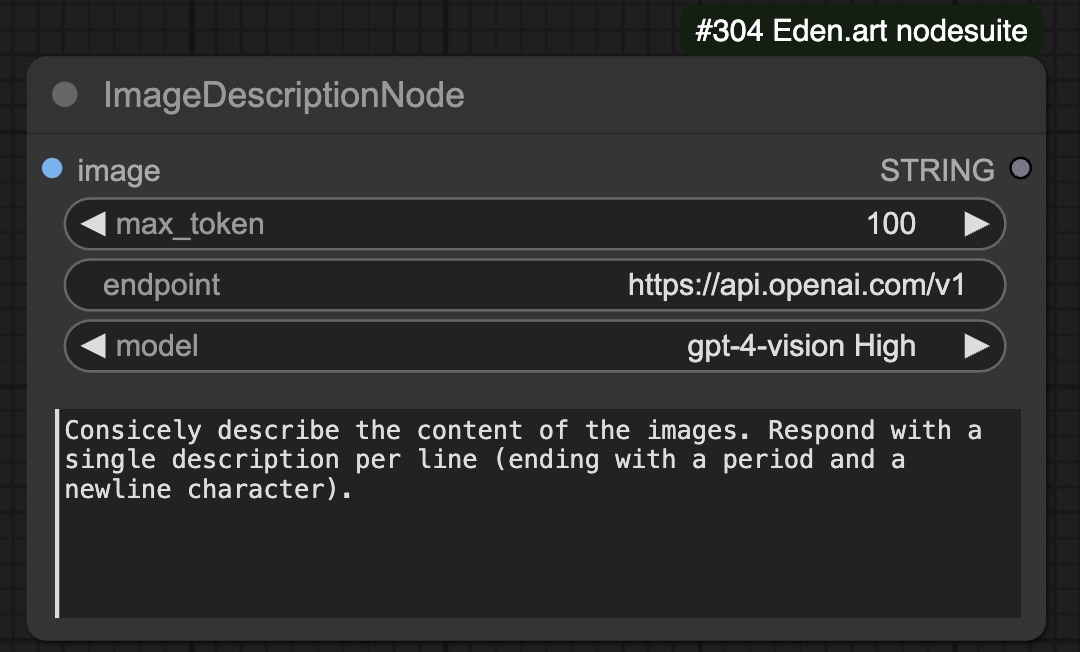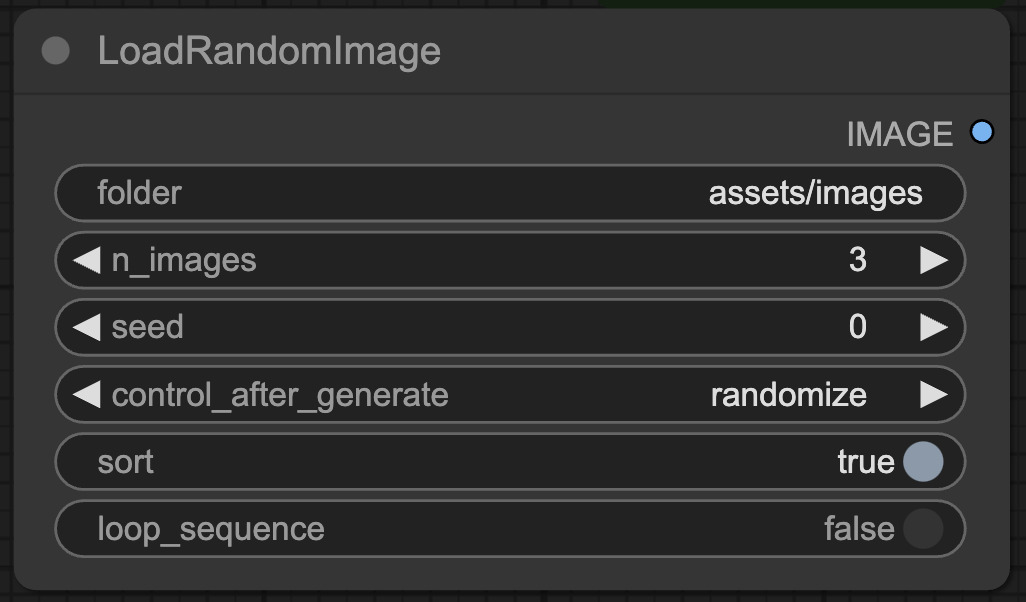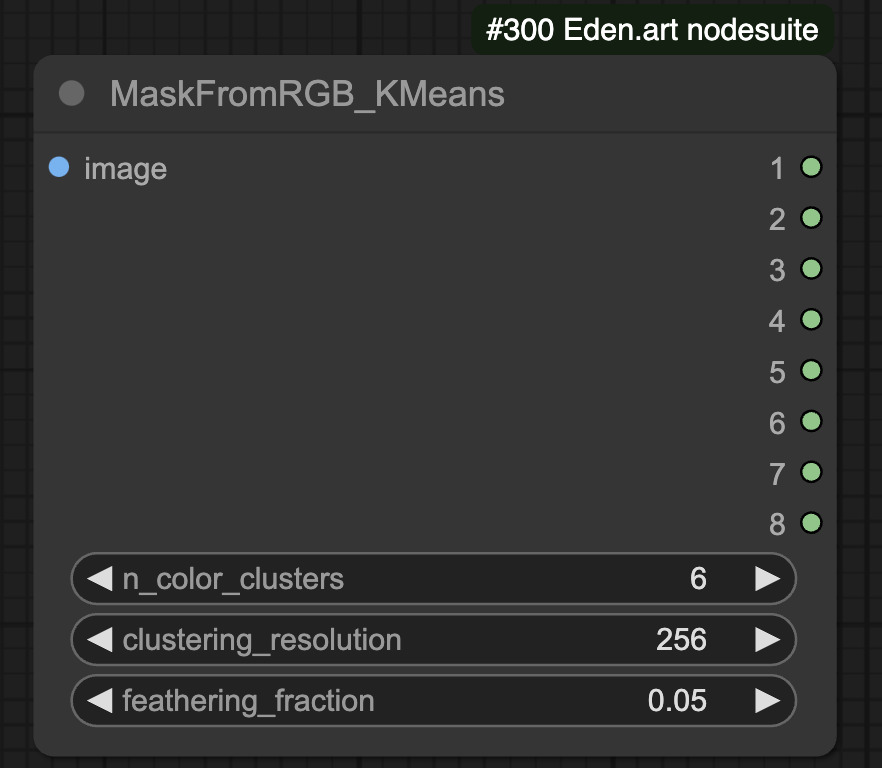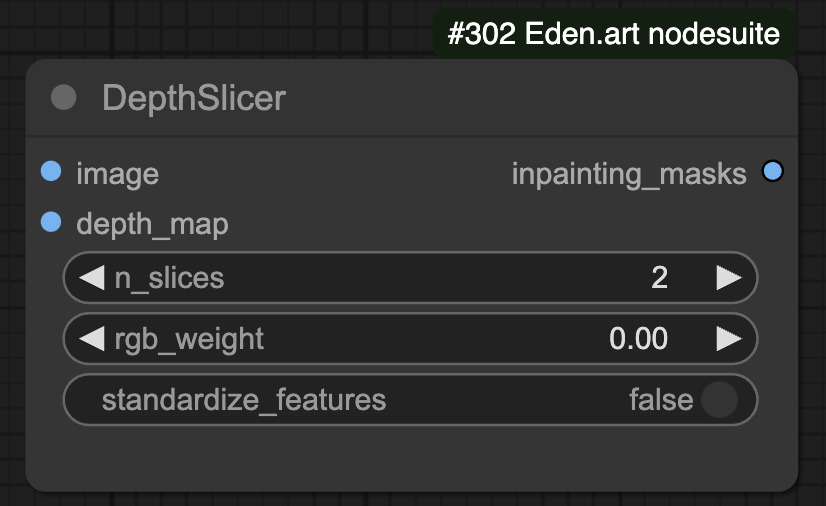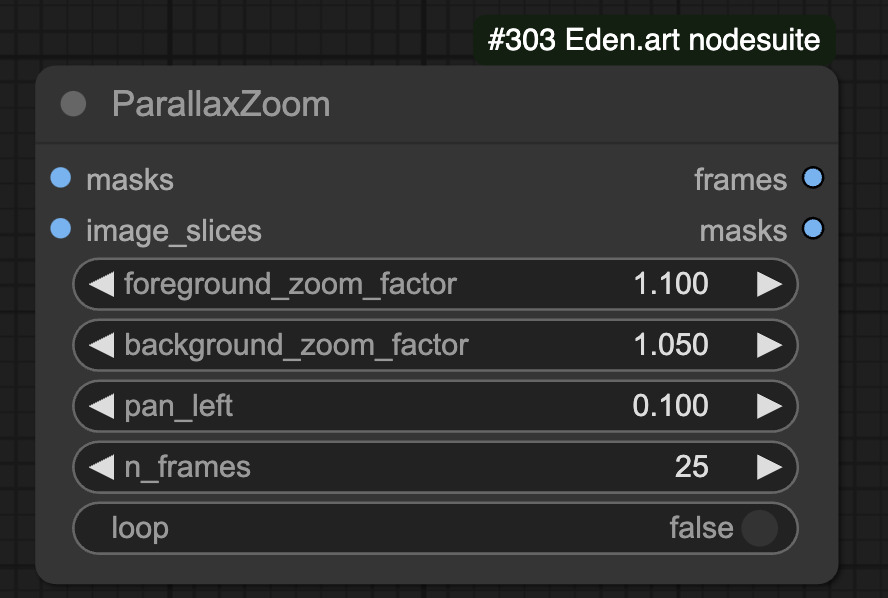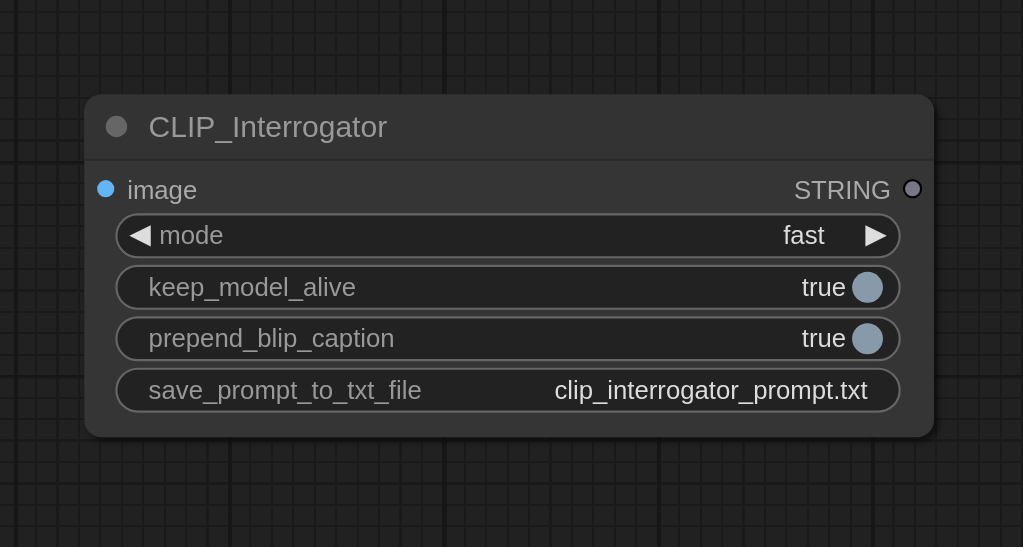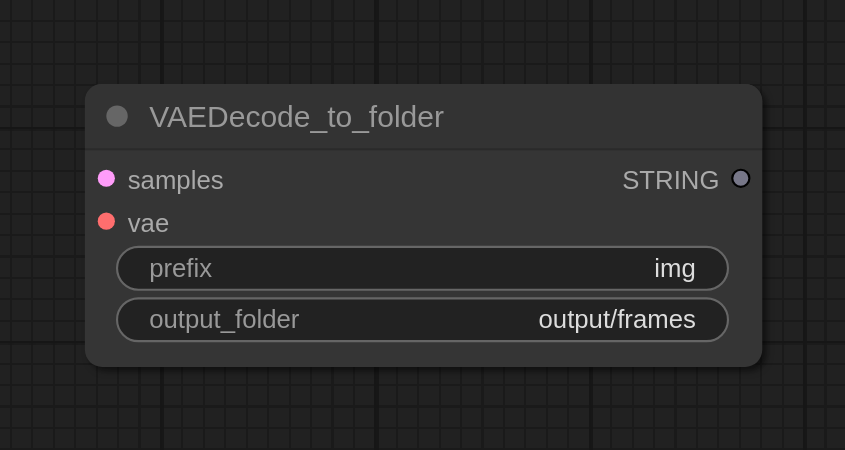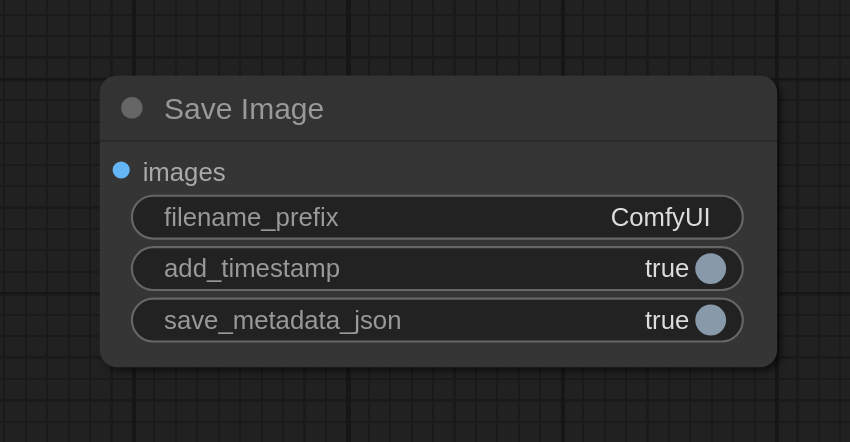A collection of custom nodes and workflows for ComfyUI, developed by Eden.
Some nodes are not yet documented in this README but are used in our workflows repo.
Call GPT4 for text completion:
- A very generic node that just wraps the OpenAI API. All you need is a .env file in the root comfyUI folder with your API key.
Call GPT4-vision for image captioning / understanding
- A very generic node that just wraps the OpenAI API. All you need is a .env file in the root comfyUI folder with your API key.
Enables various random image loading formats to create auto-experiments.
- Just hit "queue prompt" several times and it will run the workflow on different inputs. When multiple images are loaded, it will auto-crop them to the same aspect ratio / resolution.
Applies KMeans clustering to the colors of an input image/video to produce output masks
- This node is super useful when generating masks for eg AnimateDiff directly from a source video
Generates masks from a depth map:
- This node takes a depth map as input and slices it in the z direction to produce "depth slices" that can be used for animations or inpainting.
Applies 3D depth zooming to an image
- Given a depth map and an image, this node creates a 3D-zoom parallax video, Deforum Style.
Based off clip_interrogator.
This is a simple CLIP_interrogator node that has a few handy options:
- If the auto-download fails, just clone https://huggingface.co/Salesforce/blip-image-captioning-large into ComfyUI/models/blip
- "keep_model_alive" will not remove the CLIP/BLIP models from the GPU after the node is executed, avoiding the need to reload the entire model every time you run a new pipeline (but will use more GPU memory).
- "prepend_BLIP_caption" can be turned off to only get the matching modifier tags but not use a BLIP-interrogation. Useful if you're using an image with IP_adapter and are mainly looking to copy textures, but not global image contents.
- "save_prompt_to_txt_file" to specify a path where the prompt is saved to disk.
Decodes VAE latents to imgs, but saves them directly to a folder. This allows rendering much longer videos with, for example, AnimateDiff (manual video compilation with ffmpeg required in post).
A basic Image saver with the option to add timestamps and to also save the entire pipeline as a .json file (so you can read prompts and settings directly from that .json file without loading the entire pipe).
NOTE: Some of the included nodes aren't finished yet!
